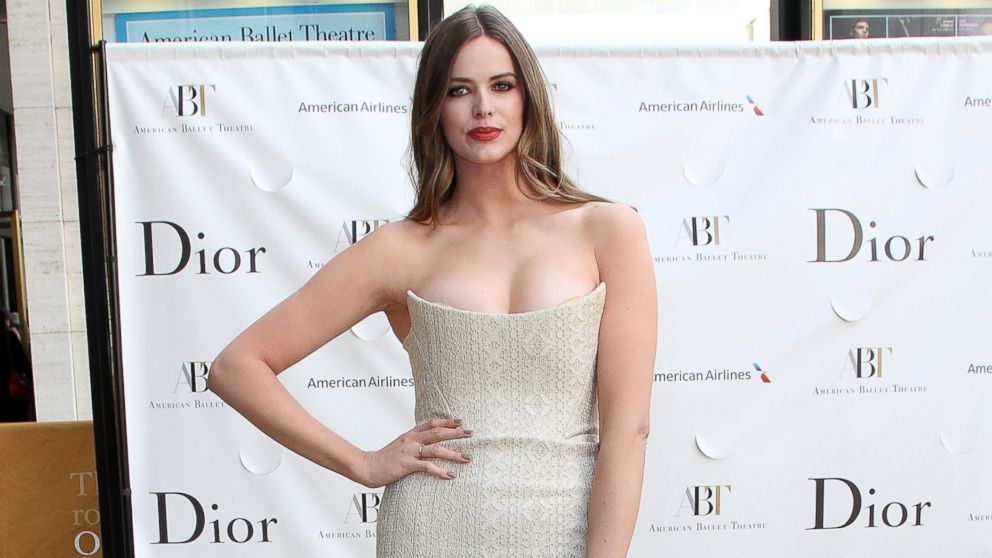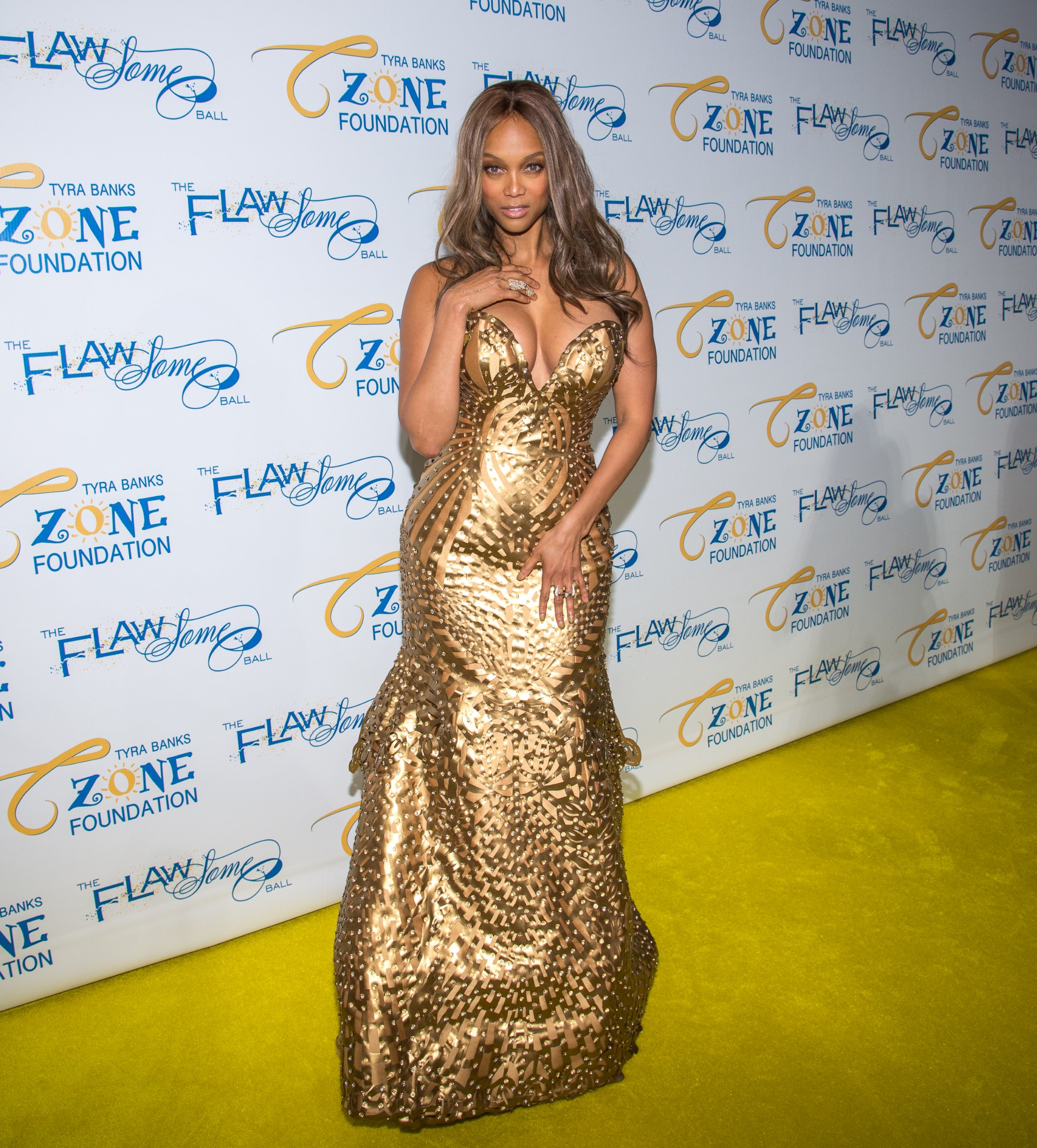A Case for Banning the Word 'Plus-Size'
Why the term has fashionistas fuming.

June 5, 2014— -- Support is mounting for fashionistas who want to ban the word "plus-size" for good.
The term is offensive and outdated, according to models like Robyn Lawley and Tyra Banks. Their point is that models are models -- no matter what their size.
And the term is less important as more full-figured models get gigs typically reserved for "straight-sized" models.
Melissa McCarthy Says Designers Wouldn't Make Her Oscars Dress
Plus-Size Model Jennie Runk: I Chose to Gain Weight
"You're going to see a lot of crossovers happening where girls with curves are working for mainstream [brands]," Becca Thorpe, a former model and now an agent at Muse Model Management in New York, told ABC News.
"I've seen the transition happen over the past couple decades -- from, 'I'm in the plus division' to just, 'I'm a model.'"
"Real-sized" model Robyn Lawley recently told Clique magazine she hates the term.
"I don't think anyone should be called plus-size," she said. "I think it's derogatory to anyone -- it's a label. I'm a model; I don't think I need 'plus-size' in front of it."

Banks has said she prefers to call girls with curves "fiercely real" and Queen Latifah once told Women's Wear Daily that plus-size is "a word that we need to bury."
Body image expert Robyn Silverman said the word on its own isn't a problem, it's how it's perceived.
“On the front side, there’s nothing wrong with it,” she told ABC News. “However, what’s happened is that the term has morphed. Instead of describing clothing size, it’s describing a body size with this negative connotation.”
She compares the fight to get rid of the word to similar movements around “fat” and “bossy.”
“People also want to ban bossy! Because bossy is now associated with all these negative terms, but it shouldn’t be,” Silverman said. “It should just mean 'like a boss.'”
She pointed out that research has linked the word “fat” to other characteristics such as laziness and ugliness.
“The term fat is no longer just a descriptor of weight or size, but rather of character,” Silverman said.
Not everyone has such vitriol for the term "plus-size."
Thorpe said it's still a useful descriptor in the modeling industry to help find clients the type of model they want for a job.
Writer Nicolette Mason pointed out that when it comes to clothes, plus-size remains an important distinction.
"Especially when you're shopping for clothes and need to find your size," said Mason, author of Marie Claire's popular fashion column, "Big Girl in a Skinny World."
"Until plus-sizes are more readily available to satisfy the two thirds of American women who wear a size 14 or higher, there does need to be some terminology."




